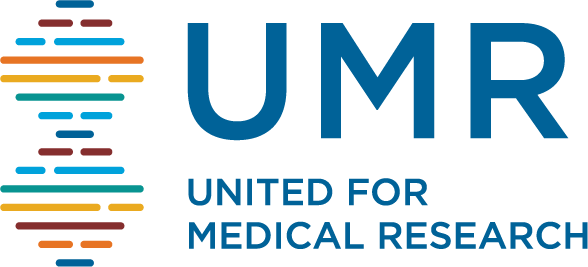October 1, 2015
FOR IMMEDIATE RELEASE CONTACT: Jim Manley
Oct. 1, 2015 jmanley@qga.com / 202-255-3736
United for Medical Research appreciates the last minute efforts of the Congress and White House to keep our government open and funded beyond Sept. 30. However, we hope the next step is to develop a budget that allows for greater investment in medical research, as has been supported by bipartisan majorities.
This year has seen a tremendous outpouring of bipartisan support for increasing the budget of the National Institutes of Health. We urge lawmakers to seize this momentum by developing a budget that that allows for essential and overdue increases for NIH.
The NIH has been flat-funded for more than a decade, resulting in a nearly 25 percent decrease in its purchasing power today compared to 2003. Significantly, this means countless lost opportunities for making progress against our most vexing diseases and threatening America’s global leadership in biomedical research and the life sciences.
Today, 5.3 million Americans are living with Alzheimer’s disease, which will alone generate $226 billion in health and long-term care costs in 2015. And even though research has helped reduce the death rate from childhood cancer by a remarkable 67 percent over the last 40 years, it still remains the leading disease-related cause of death in children. These are just two areas where NIH research is playing a critical role, but there is much more to be done to improve human life and to reduce costs.
The NIH also represents an important U.S. economic engine, helping maintain American output and employment. In FY2014, NIH research supported – directly and indirectly – just over 400,000 jobs and $58 billion in economic activity across the United States. As NIH’s ability to support research has been diminished, so too has its economic impact. In FY 2011, there were approximately 432,000 NIH-supported jobs and $62 billion in economic activity generated. In 2010, 485,000 jobs and $69 billion in economic activity were supported by NIH research spending.
Before we lose any more ground – in the quest for cures and in NIH-supported economic activity –Congress must take steps to ensure that the NIH budget catches up from the past decade of under-funding and keeps up with scientific and public health needs. It is essential that the federal budget allow for essential investments in medical research that will improve lives, save money and contribute to economic growth.
United for Medical Research is a coalition of leading research institutions, patient and health advocates, and private industry that have joined together to seek steady increases in funding for the National Institutes of Health. Learn more at www.unitedformedicalresearch.com.

